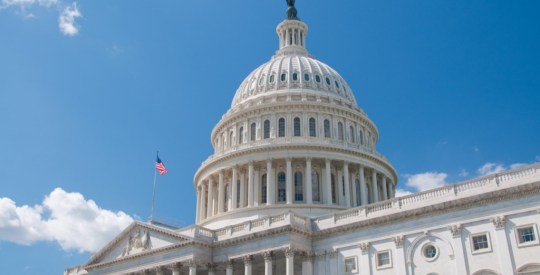A new survey from business news network CNBC shows the chances of the Federal Reserve raising rates in December is more than possible, it is nearly certain.
The survey showed that while market prices suggest less certainty, 76% of respondents believe the Fed will raise rates in December. This is counter to this article that states the Fed is not likely to raise rates based on inflation and growth concerns.
Various market-based measures show the probability of a rate hike rest at 43% and 55%, a CNBC article showed. Most respondents also predict two to three rate hikes next year, and say the Fed will finish raising rates in the second quarter of 2019 at a 2.9% rate.
From the survey:
The outlook for the Fed has been clouded by its plans to reduce its $4.5 trillion balance sheet, likely as soon as next month, and by inflation running below its 2 percent target. Meanwhile, more Fed officials have grown concerned about the impact of low rates on markets.
“The Fed is confronting two very different sides of inflation. Asset prices are rising too rapidly, while prices of goods and services are climbing too slowly,” wrote Lynn Reaser, the chief economist at Point Loma Nazarene University in response to the survey. “Monetary policymakers will need to choose a side and any decision will entail large risks.”
The survey included 42 respondents to the survey including economists, fund managers and strategists.
About 68% of respondents say the Fed will begin to reduce its $4.5 trillion balance sheet as soon as October. The wind down is forecasted to take 4.4 years to decrease to $2.5 trillion. But while this reduction is viewed a negative for economic growth, it is expected to have only moderate negative effects.
In his daily newsletter which he sends out to clients, Brent Nyitray, iServe Residential Lending director of capital markets, explained, “The market is anticipating a ‘baby steps’ move where they reinvest less than 100% of bonds that are maturing. While it certainly won’t help MBS spreads, it probably won't have much of an effect on mortgage rates given that QE itself didn't have a huge impact to begin with.”





